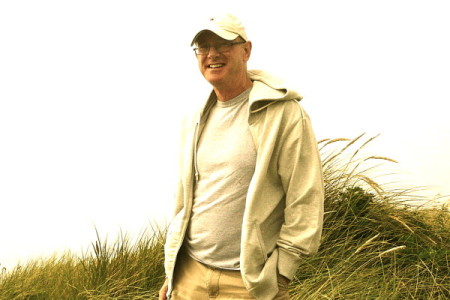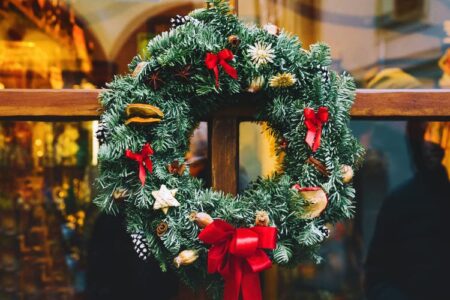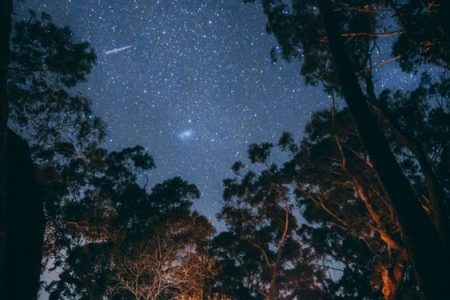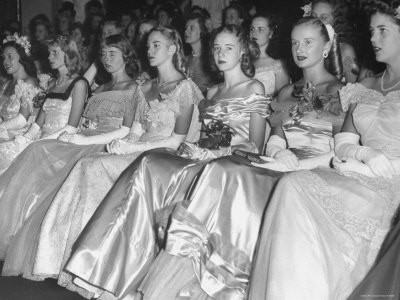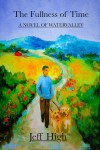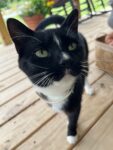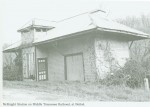The Southern Literary Review Interviews Jeff High To Kickoff 2014
Yes, the rumors were all true. The managing editor of The Southern Literary Review, Allen Mendenhall, has officially released the Q&A from his exclusive behind-the-scenes interview with Jeff High, author of More Things In Heaven And Earth.
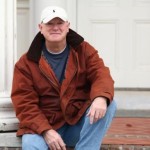 I really enjoyed working with with Mr. Mendenhall and truly appreciate how the Southern Literary Review has taken a deeper look into More Things In Heaven And Earth.They have done a wonderful job of telling the story within the story, and Allen asked some rather poignant questions about the deeper themes, inspiration, and spirituality found within the novel. These elements are a very real part of the foundation upon which Watervalley is built, and it is their consistent presence that gives the book its strengths.
I really enjoyed working with with Mr. Mendenhall and truly appreciate how the Southern Literary Review has taken a deeper look into More Things In Heaven And Earth.They have done a wonderful job of telling the story within the story, and Allen asked some rather poignant questions about the deeper themes, inspiration, and spirituality found within the novel. These elements are a very real part of the foundation upon which Watervalley is built, and it is their consistent presence that gives the book its strengths.The Southern Literary Review previously published a critique of Jeff High‘s inaugural work, More Things In Heaven And Earth, in October 2013. You can find more information about their review by clicking here.
Excerpts From The Interview
AM: Thank you for doing this interview, Jeff, and let me just say that I enjoyed your novel, which represents the best of literary fiction—Southern style. I’d like to jump right into the interview the way you jumped right into the opening scene of the book, the scene with the Code Blue and the seemingly supernatural revival of Hoot, a big fella who goes into a cardiac arrest. Why did you begin with this scene? My guess is, your decision had something to do with the title of the book that’s drawn from Hamlet’s line: “There are more things in heaven and earth, Horatio, than are dreamt of in your philosophy.” Might there have been more things in Watervalley than your medically trained protagonist could have dreamt of in his Vanderbilt schooling?
JH: Your question points a central theme in the book. While clearly More Things in Heaven and Earth can be enjoyed on the surface as light-hearted fiction, there are some definitive thematic and theological elements working in the substrata. Some reviews have… Read More
AM: That gives me chills as well, and the good kind. I’m curious about your decision to include a prelude and postlude that, it seems, are from the perspective of some omniscient, third-person narrator. The rest of the book, of course, is from the perspective of Luke Bradford, a young doctor who has given up big dreams to move to Watervalley to pay off $200,000 in student debt. When and why did you decide to include the prelude and postlude?
JH: The prelude and postlude were part of the original concept of the book. The intention of the prelude was to… Read More
AM: That is a beautiful image. Let’s forget, for just a minute, what the no-longer-new New Critics said almost a century ago. How much of your background—Southern, medical, educational—made its way into the novel in some form or another? Is there a little bit of Jeff High inside Luke Bradford?
JH: Being a son of the South and an RN definitely informed the story, but the novel is truly not autobiographical. My family has always placed great value on education. My mother was Valedictorian of her high school class, my father had a Ph.D. in genetics, my three brothers include… Read More
AM: Elsewhere you have said that Connie Thompson is your favorite character in the book. Would you say more about that?
JH: The beautiful thing about Connie Thompson is that… Read More
AM: More Things in Heaven and Earth is the first in a series. Do you see Watervalley, the so-called “dropping-off point of God and all creation,” as your own little Yoknapatawpha? What might we expect for the future of this town?
JH: Watervalley provides a unique microcosm from which I have a long, long list of stories to tell. I highly suspect there will be several more… Read More
AM: I’m sure that comes as good news to readers of this first installment. Okay, one last question. All authors struggle to see their manuscript through to print. There’s the process of writing and revising, of seeking out the opinions of friends and colleagues, of finding an agent and editor, and so on. I’ll put a broad question to you: What was it all like? How did you cope? What might you recommend to readers who are at that stage?
JH: I am convinced that my arrival as a published author was ecclesiastical, involving what appeared to be chance, but actually happening in the fullness of time. For over three decades I… Read More

